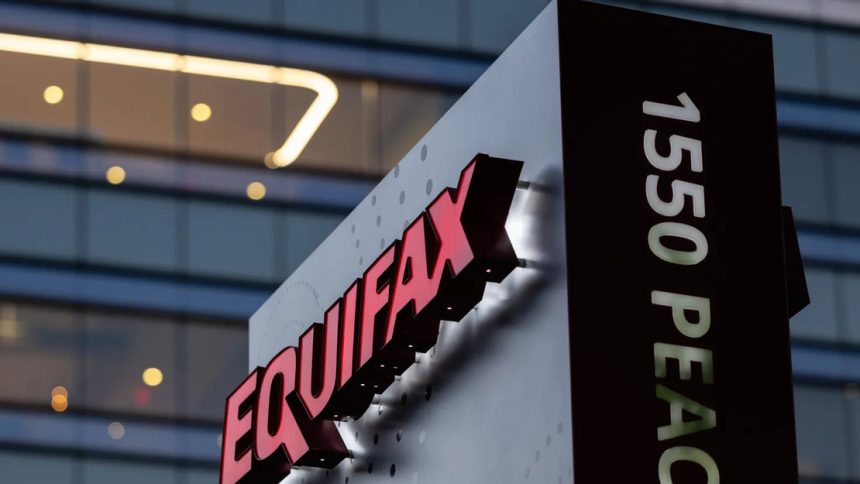The Consumer Financial Protection Bureau (CFPB) has fined Equifax $15 million for mishandling consumer credit reports. Allegations include flawed investigations into disputed information and systemic errors that caused inaccuracies in millions of credit reports. This marks another critical moment in the ongoing scrutiny of credit reporting practices in the U.S.
The Importance of Accurate Credit Reports
Credit reports serve as detailed records of consumers’ financial history, including loan payments and bankruptcies. Errors in these reports can have severe consequences, said Adam Rust, director of financial services at the Consumer Federation of America.
“It can change your ability to qualify for a loan, to get a job, to rent an apartment—things that are fundamental to navigating your personal life,” Rust explained.
CFPB’s Allegations Against Equifax
The CFPB stated that Equifax processes approximately 765,000 consumer disputes monthly. However, since 2017, the company’s dispute policies and technology have been flawed, violating the Fair Credit Reporting Act. Among the issues highlighted:
- Ignoring consumer-submitted evidence.
- Reintroducing previously corrected errors into reports.
- Providing inconsistent investigation results to consumers.
- Using software with coding flaws that caused incorrect credit scores.
Equifax settled the case to “[turn] the page on the CFPB’s long-running investigation,” according to a company spokesperson. They emphasized the company’s $1.5 billion investment in technology and infrastructure improvements and stated, “Even one error affecting a consumer is one error too many.”
A History of Problems for Credit Bureaus
Equifax’s $15 million penalty follows a similar lawsuit against Experian earlier this year. “Credit bureaus have been sued repeatedly for this kind of conduct,” said Chi Chi Wu, senior attorney at the National Consumer Law Center. She described these issues as “decades-old problems.”
Equifax has faced other controversies, including a 2017 data breach that exposed personal information of 147 million consumers. The company settled that case for $700 million.
Maintaining Credit Report Hygiene
Rust emphasized the importance of regular credit report checks, which are crucial for identifying inaccuracies. He recommended reviewing reports annually or before major financial decisions like applying for a loan or insurance.
Consumers should:
- Verify personal details, such as addresses and Social Security numbers.
- Check for accurate account information, such as balances and payment history.
- Monitor sudden changes in credit scores, which could signal issues.
Free credit reports can be requested weekly from the three major credit bureaus via AnnualCreditReport.com or by calling 1-877-322-8228.
What to Do About Credit Report Errors
If consumers spot errors in their credit reports, they should:
- Dispute in Writing: Send a detailed dispute and supporting documents to the credit bureau via mail and request a return receipt. Written disputes generally yield better results than online submissions.
- File Complaints: Notify the CFPB and the state attorney general’s office.
- Add a Statement: Request that a dispute statement be included in future credit reports and shared with past report recipients.
Consumers struggling to resolve errors may consider consulting an attorney. “Not every error will be worth bringing a lawsuit,” Wu noted. “But if your loan ends up being more expensive because of a credit reporting error, that’s the kind of harm you may want to consider litigation.”
The CFPB’s actions against Equifax underscore the critical role of accurate credit reporting in consumers’ financial health. As Wu emphasized, “Consumers should know their rights and act promptly to protect themselves.” By staying vigilant and leveraging available resources, consumers can minimize the impact of credit report errors.





